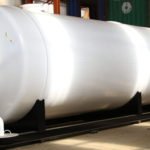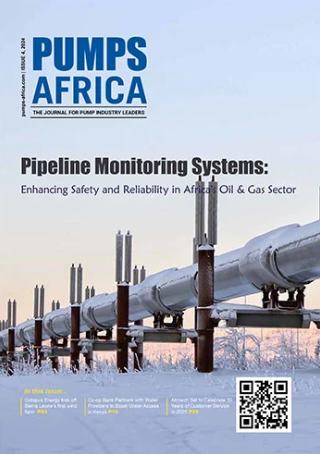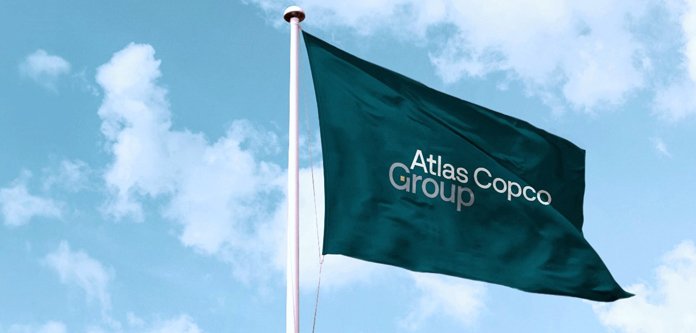The global industrial valves market is estimated to be worth around US$ 71.8 Bn in 2022. With rising adoption of industrial valves for regulating the flow of materials, the overall demand is anticipated to rise at a moderate CAGR of 4.3% between 2022 and 2029, totaling a valuation of US$ 96.2 Bn by 2029.
Up from the revenues worth US$ 71.8 Bn Estimated in 2022, the global market for industrial valves is projected to witness modest growth by the end of 2029. A new market research report by Future Market Insights (FMI) suggests that the increasing exploration activities for new water sources will predominantly favor the growth of market over the course of coming years.
The steady expansion of chemical industry and revival of oil & gas industry are also likely to play a crucial role in pushing sales of industrial valves at a global level. Furthermore, FMI’s report indicates that abundant opportunities exist in chemical, and water & wastewater industries.
With the onset of Industry 4.0 and the reciprocating shift of industries towards automation, the industrial valves landscape is compelled to move beyond its traditional, old-school valve engineering models. Although manually operated valves still account for almost 2/3rd of total sales, FMI foresees a rapidly progressing market scenario for automated valves in the next few years.
By type, the gate type of industrial valves segment is expected to hold prominent value shares of the global industrial valves market. Furthermore, the globe valve segment is expected to be the prominent segment throughout the forecast period. Gate valves, closely trailed by globe and ball valves, are identified to remain the sought-after industrial valve types throughout the forecast period. A number of manufacturers are however focusing on investments in globe industrial valves. FMI’s research also highlights visibly growing market attractiveness of butterfly valves across industries.
The analysis of industrial valves market on the basis of materials reveals that cast steel, carbon steel, and stainless steel remain the preferred materials among manufacturers of industrial valves, which collectively account for ~85% shares in the revenues. Bronze is likely to emerge lucrative as a material of choice, over the years to come, as indicated by report findings.
Market in APEJ Projected for Remunerative Growth
The market in Asia Pacific excluding Japan (APEJ) is expected to exhibit lucrative growth potential in the global industrial valves market over the forecast period of 2022-2029. According to the report, this growth is propelled by the rapid growth in the oil & gas industry in countries of APEJ such as India and China, and ASEAN Countries, among others. The economic condition of these countries have been positively developing.
Furthermore, owing to the effects of macroeconomic factors such as growing population, urbanization, and rapid industrialization, the confidence of investors and investments in housing and other residential projects across APEJ has increased drastically. Consequently, the region’s chemical has considerable momentum over the past few years. This overall scenario is translating into modest growth in the demand for valves across the multiple industries, eventually pushing the market growth potential of APEJ.
Industrial Valves Market: Vendor Insights
The report highlights some of the prominent market players, who have established themselves as leaders in the global industrial valves market such as GE Company, Emerson, Flowserve Corporation, Schlumberger Limited, TechnipFMC Plc, KSB SE & Co. KGaA, x KITZ Corporation, Alfa Laval Corporate AB, Curtiss-Wright Corp., CIRCOR International, Inc., IMI Plc, Mercer Valve Co., Inc., National, Oilwell Varco, Inc., Weir Group Plc., Neway Valves, AVK International A/S, Flowserve Corporation, and LESER GmbH & Co. KG, among others.
The global industrial valves market is significantly consolidated with some players holding prominent shares of the market. These players are offering industrial valves under their popular brands such as Cameron, and World Valves, among others.







